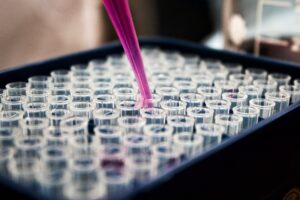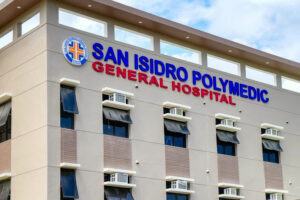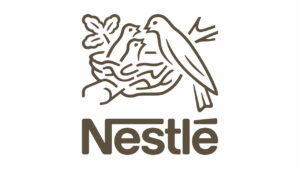Local research seen as basis for pandemic prevention measures

VIRUS-RELATED research conducted in the country can serve as a basis for formulating preventive measures for future pandemics, said a member of the Balik Scientist program, which was established to counterbalance “brain drain.”
“The pieces of new knowledge generated through careful scientific studies done by our own Philippine scientists could serve as the needed evidence for a sound policy that is focused only on our country,” said Thaddeus M. Carvajal, a specialist in vector biology whose research helps curb the incidence of dengue.
Dengue, a disease spread by mosquitoes, is common in more than 100 countries around the world, including the Philippines. A person can be infected with a dengue virus as many as four times in his or her lifetime.
Part of Mr. Carvajal’s work is determining the best approach to controlling Philippine mosquitoes. “There is still more to investigate in this area,” he said.
Meanwhile, Dr. Homer D. Pantua, a 2021 Balik Scientist and infectious disease drug discovery expert, is developing diagnostic tools for the African Swine Fever virus and training researchers at the Virology and Vaccine Institute of the Philippines (VIP).
These activities are “essential to prepare our country’s response to the current and future pandemics … and will guide us on generating potential solutions and science-based policies,” he said in a Sept. 2 e-mail.
“Our hope is for the government to continue supporting the establishment of the VIP, which will help our country in its goal of self-reliance and sufficiency,” he added.
Through the Balik Scientist Program, Filipino scientists, technologists, and experts are encouraged to return to the country and share their expertise in order to promote scientific, agro-industrial, and economic development, including the development of our human capital in science, technology, and innovation.
While staying for good in the Philippines is highly encouraged, it is not required. Those who do decide to relocate, however, are given benefits such as housing allowance, health insurance for the Balik Scientist and his/her family, assistance in securing job opportunities for the spouse, and assistance in admission to education for dependents.
As of this August, 25 individuals have been awarded as Balik Scientists for 2022. The country has had a total of 610 Balik Scientists since 1975, nearly three-quarters (or 74%) of whom are from North America. — Patricia B. Mirasol




